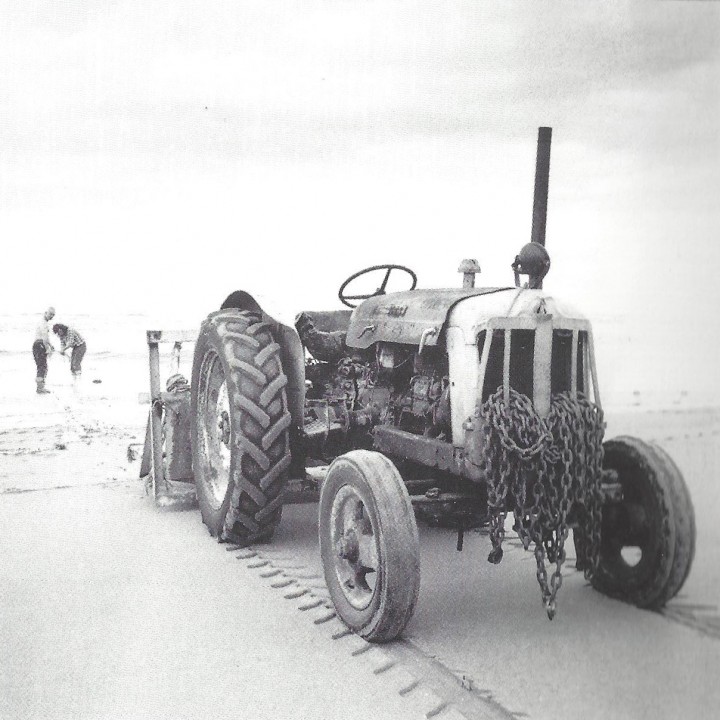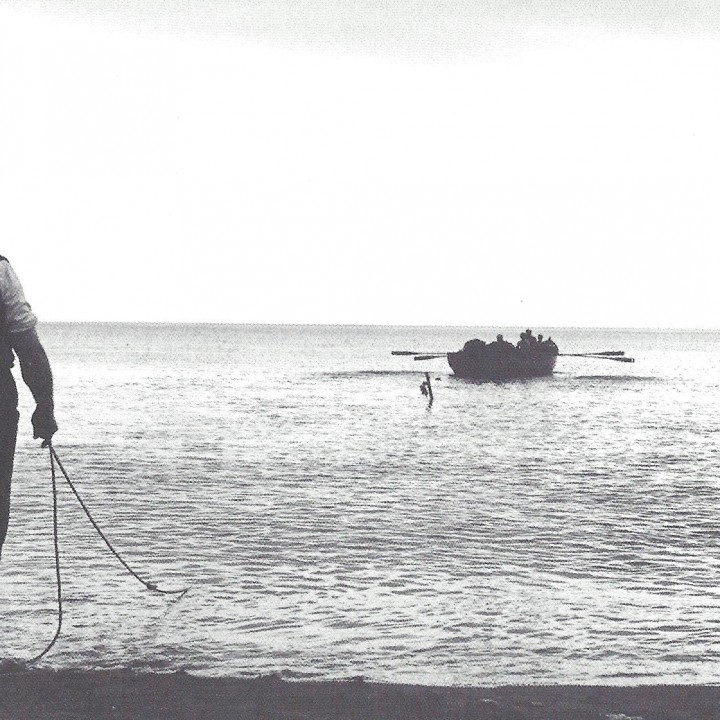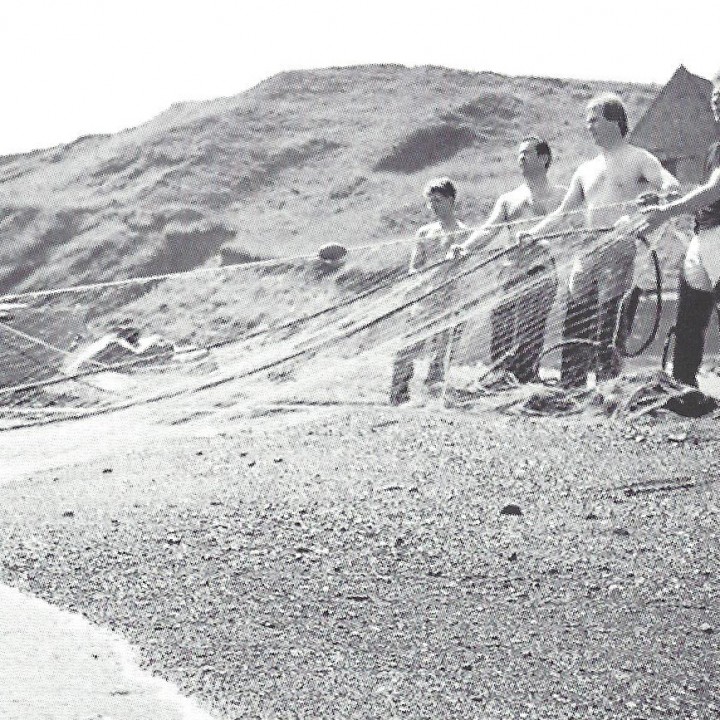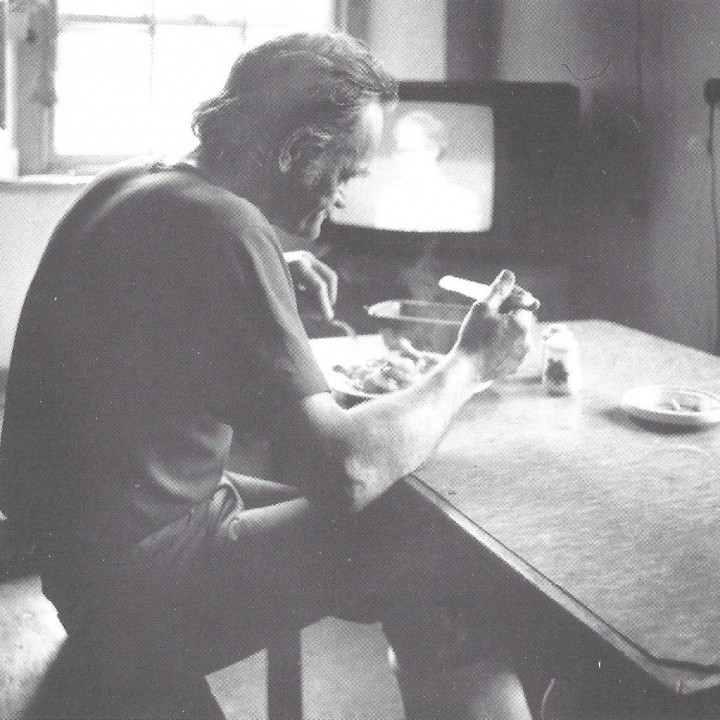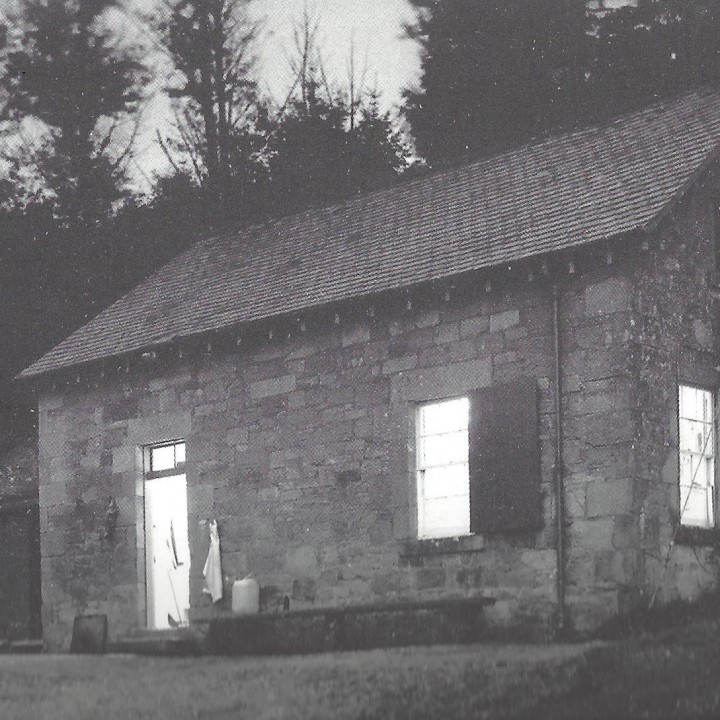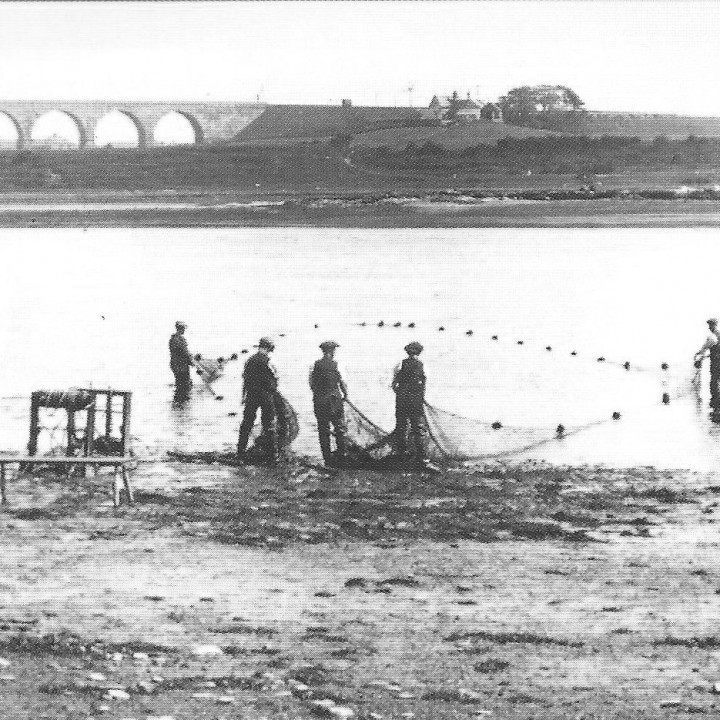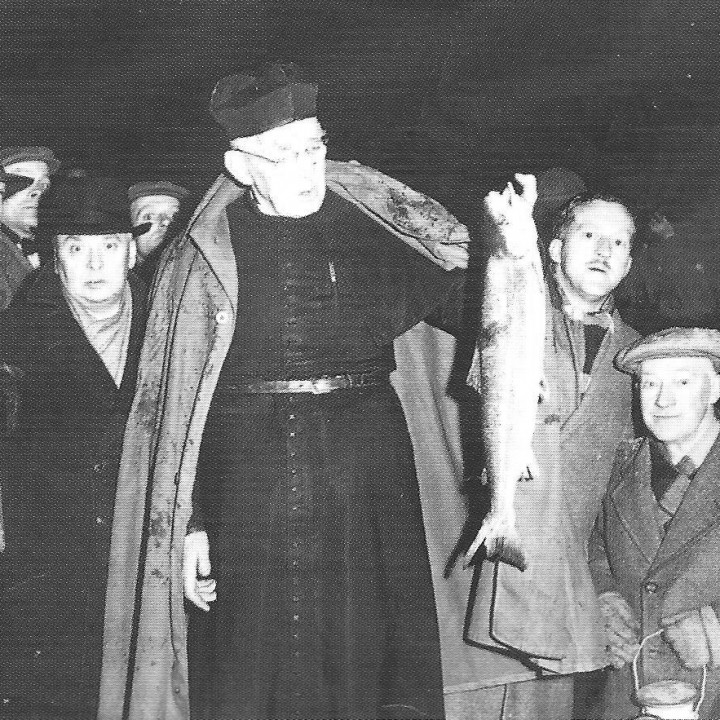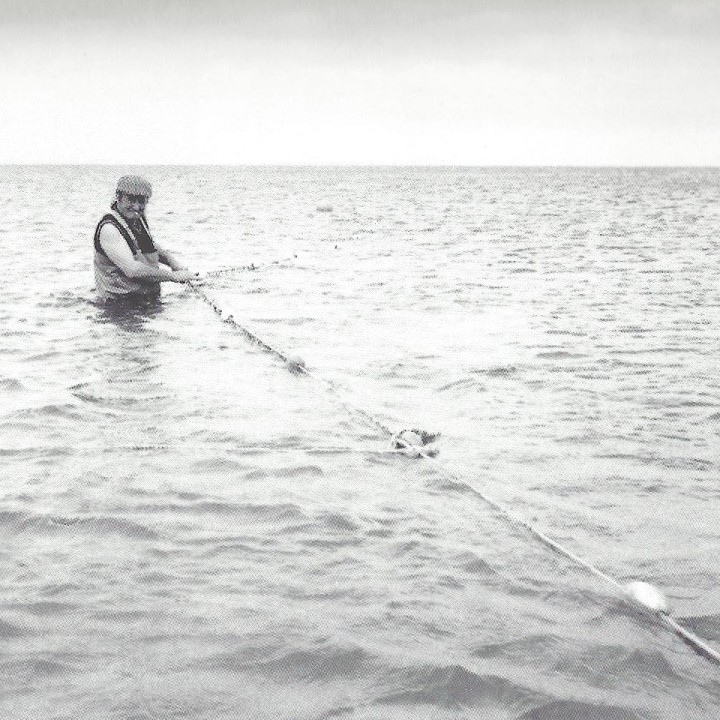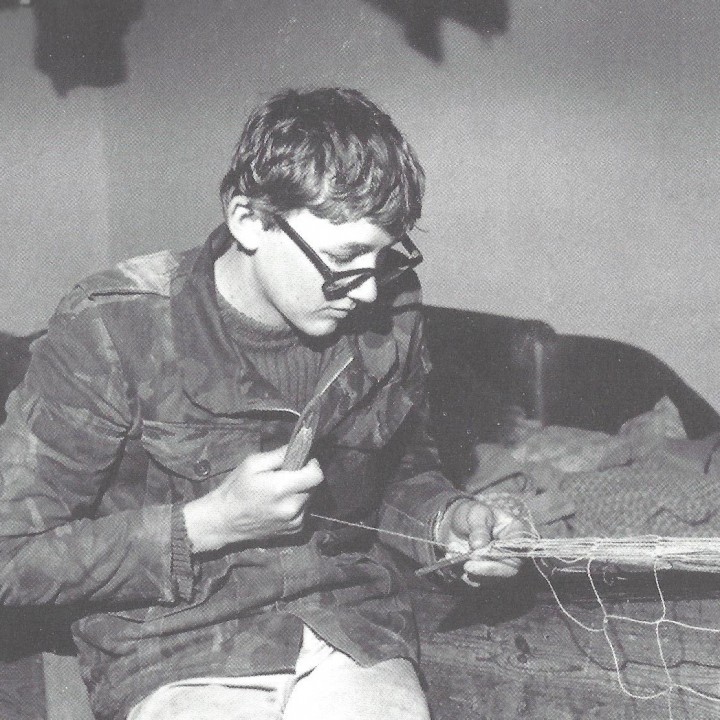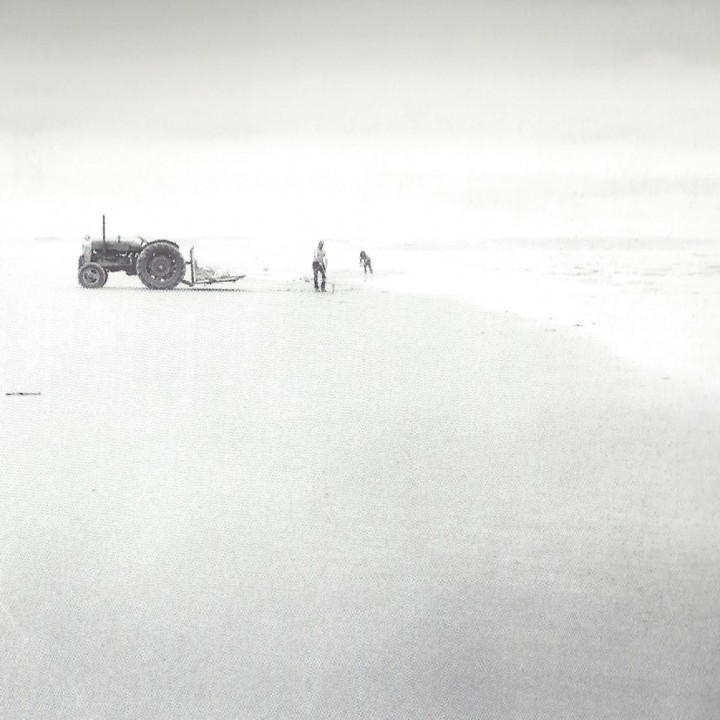Our story
The history behind the activity.
“It’s Aye been”
Records of salmon fishing on the River Tweed can be traced back as far as the ancient Romans and the days of the Scottish chief Calgacus around 85 AD.
Dedicated fisheries have been in evidence as early as the 11th century where one of the earliest Acts regulating this resource was passed by Wiliam the Lion of Scotland during his reign (1165 – 1214 AD). Though mentions of various claims to Tweed fishing rights prior to this period by local monks led to the name ‘Hallowstell’ (Spittal) meaning “Holy Fishing Ground”.
By the 13th Century vast numbers of wild salmon from Berwick Upon Tweed were pickled and exported as far as London where, due to it’s abundance and relative low cost, it was a main staple of the poorest of society.
BY NET AND COBLE
Due to overfishing and high demand for Tweed wild salmon, many Acts and laws were passed to protect the salmon stock throughout the 18th and 19th century.
These changes led to the only permitted method of fishing being by ‘Net and Coble’.
This method involves a small boat ( Coble ) which is rowed out from one bank, paying out the net in a semi-circular ‘shot’, outlined by floats, encircling any passing fish in the descreasing draw of the net,the coble rowed back to the land and the net winched in. The net must never be held static in the water or the fishing would be considered illegal, as with poaching. The size of the catch, if any, is influenced by many factors including fish stocks, the height, quality and temperature of the water, air turbulence on the river surface, luck and judgement. It takes considerable skill and experience to manoeuvre the coble.
The terminology and skill involved has developed thoughout the ages and has evolved to allow for river and weather conditions on any given day.
A MODERN REVIVAL
THE LAST REMAINING FISHERIES
By the late 20th century due to farmed Salmon competition and legislation many of the net fisheries loacted on the Tweed were beginning to close and by 1987 only a few remained, Gardo being one, a fishery which has been in existence far longer that the iconic 17th Century bridge of which it currently nestles below.
Gardo has now become the last of the commercial Fisheries left on the Tweed. It is therefore fitting that it lies in the heart of the town in which salmon fishing was a very important part of it’s 900 year history.
River Tweed wild salmon caught in this traditional method in this unique location remain the only legal way to purchace Tweed wild salmon.
Learn the skills involved in this traditional trade and become part of one of the oldest fisheries in the UK by booking one of our experience days.
